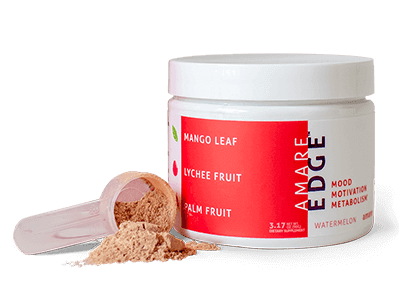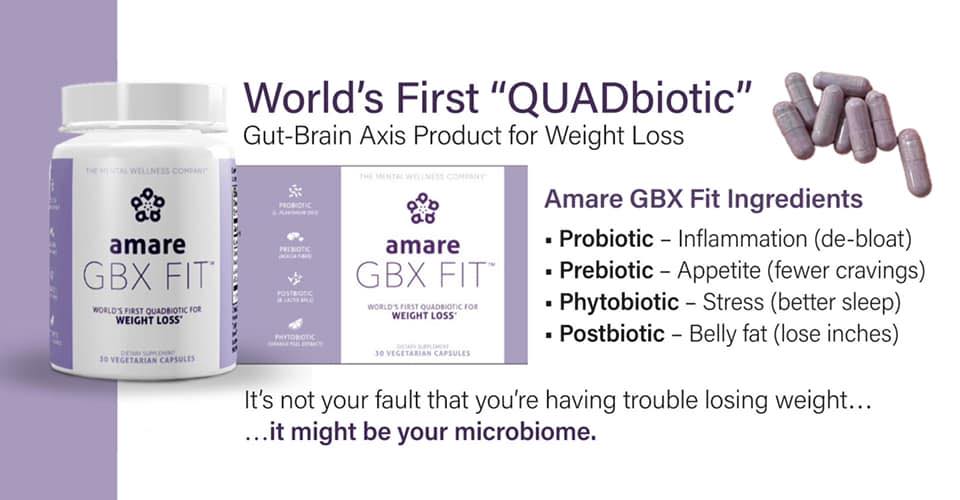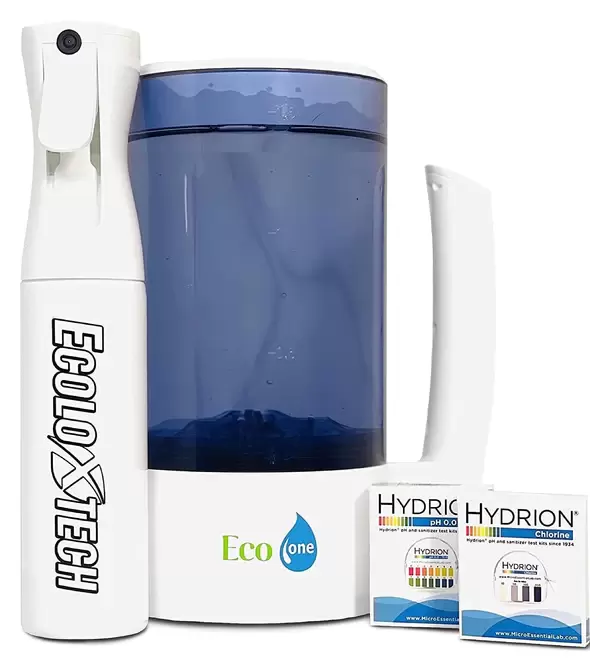|
According to the Institute for Integrative Medicine at the University of Witten in Germany, sauerkraut is one of the most common and oldest forms of preserving cabbage and can be traced back as an important food source to the fourth century B.C.
The Secret to Sauerkraut’s Health Benefits: Fermentation What is it that’s so special about fermented vegetables and foods? Fermentation simply refers to an ancient technique and perseveration method that naturally alters the chemistry of foods. Similar to cultured dairy products like yogurt and kefir, sauerkraut’s fermentation process produces beneficial probiotics that are now linked to improvements in immune, cognitive, digestive and endocrine function. People have been using fermentation to preserve valuable vegetables and other perishable foods for long periods without the use of modern-day refrigerators, freezers or canning machines. Fermentation is the metabolic process of converting carbohydrates, like sugars, into either alcohols and carbon dioxide, or organic acids. It requires the presence of a carbohydrate source (like milk or vegetables, which contain sugar molecules) plus yeast, bacteria or both. The yeast and bacteria microorganisms are responsible for converting glucose (sugar) into healthy bacteria strains that populate your gut environment and help regulate many bodily functions. The Many Functional Roles of Trace Minerals Much like how elemental minerals buttress rocks and other solid structures, trace minerals serve as reinforcement for bones, cartilage, and other bodily tissue. While they might appear solid and unchanging, your body’s bone structure is in a constant of repair and renewal. Trace minerals function as the lattice architecture. Calcium, phosphorus, and magnesium are among the primary minerals that keep bones healthy and strong.1 The cellular system also relies on trace minerals to produce red blood cells, also known as erythrocytes, that deliver oxygen throughout the body for energy production. These red blood cells specifically require iron in order to transport this oxygen. Without it, there would be no magnetism, so to speak, to draw in the oxygen, resulting in a total breakdown of the energy creation process. Raw or Cooked?
Sometimes the nutrition world feels like a land of controversy. I bet you know what I mean, and often find yourself wondering just who or what to pay attention to. There are hundreds of “nutrition experts” (all with conflicting advice), new books each week offering the best diet ever, and friends or family claiming they’ve found the holy grail (and you should try it too). To strengthen your body's ability to fight cancer, you need to eat a ton of raw foods. Here's what I ate twice a day every day: The biggest baddest healthiest salad on the planet! It consists of raw organic vegetables, sprouts, seeds, nuts and homemade dressing. This salad is super healthy, delicious and will fill you up without zapping your energy. I ate this salad every day, sometimes twice a day, during the first few years of my chemo-free cancer battle. A Word Of Caution
While bee pollen has various beneficial effects, it’s best to avoid it if you’re pregnant or breastfeeding. It can also cause severe allergic reactions if you’re allergic to pollen. And it might increase the effects of certain medications (for instance, certain blood thinners) too. In fact, it’s best to check with your doctor before taking bee pollen if you’re on any medication.
Turmeric Has Over 150 Potentially Therapeutic Activities
It's difficult to describe turmeric in brief simply because it has so many beneficial properties. That's why the "spice of life," as it's known in India, sums it up wonderfully. Traditional medicinal uses in both traditional Chinese medicine (TCM) as well as Ayurvedic medicine include the treatment of liver disease, skin problems, respiratory and gastrointestinal ailments, sprained muscles, joint pains, and general wound healing. 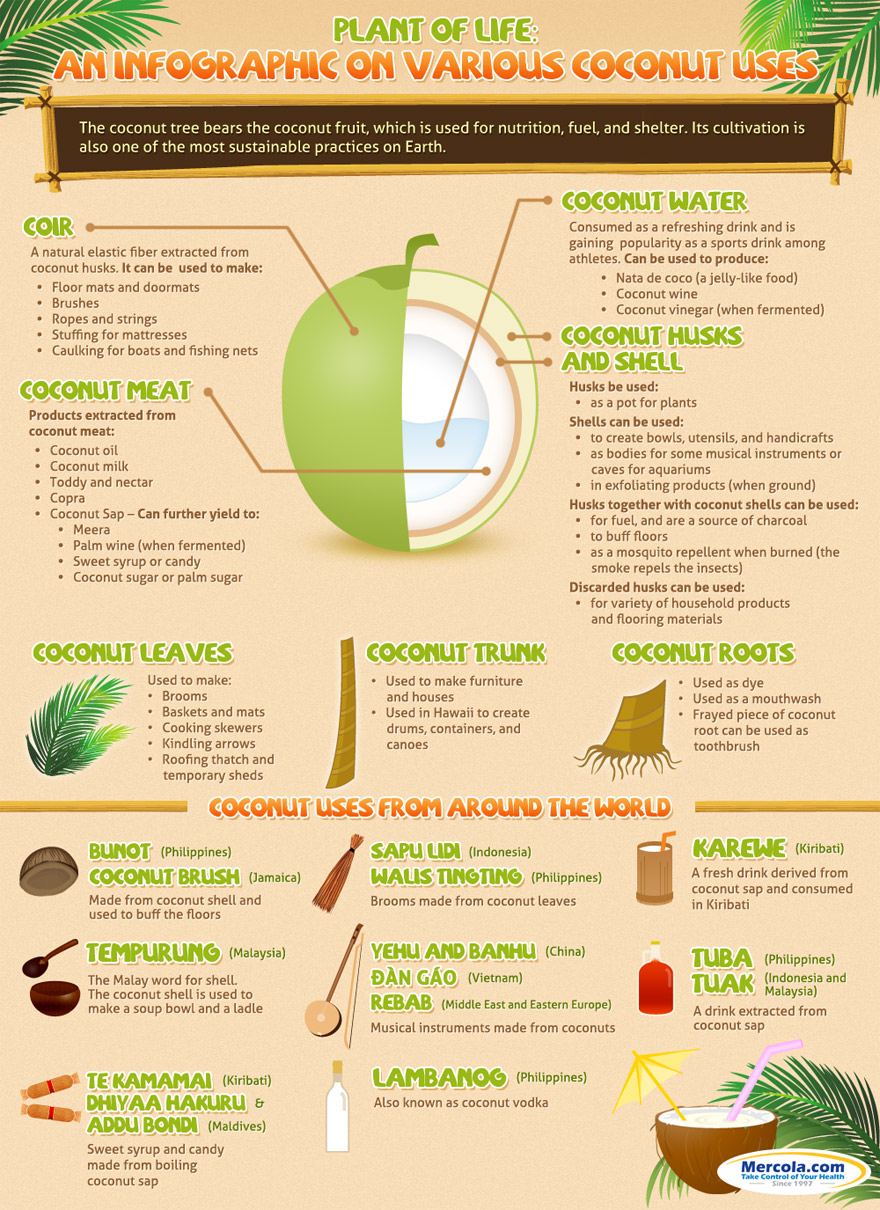
Learn how the coconut tree provides all-around benefits -- from its husks and roots to coconut oil -- through our infographic " This Is What Happens To Your Body When You Drink Coconut WaterYou have probably heard about coconut oil and the plenty benefits it offers. Here you will learn about the greatest benefits of the coconut water consumption, of which you probably never heard. You probably never knew that the coconut water has virtually compatible structure with the blood plasma in the human bloodstream. Thus, the coconut water was used in the war conflicts, where it saved number of lives as a substitute for blood. The coconut water was given to many injured people during the long and exhausting battles.
Coconut water, in fact, is the juicy secretion (collection) inside the cavity or endosperm of young, tender coconut. Its water is one of nature’s most refreshing drinks consumed worldwide for its nutritious and health benefiting properties. Many of our Jamaican food and fruit crops have been found to be of a very high nutritional value, surely a reason why we produce the best in the world in so many different fields.
Our athletes superiority has been attributed to Yam by some experts. Our Jamaican food and our Jamaican diet has been thought of as being full of fat and starch ... and therefore unhealthy. But many of these supposedly "fatty foods" such as Coconut, Avocado, and our Jamaican national fruit, the Ackee, are of plant origin. HEALTH BENEFITS OF CABBAGE
DESCRIPTION Members of the cruciferous family seems to be rich in anti-oxidants and are in the first line of defense against cancer. Cabbage is one of the vegetables that are highly promoted for prevention of cancer. There are three major varieties of cabbage—green, red and Savoy. The red variety has more nutrients because of its red-to-purple pigmentation. Both the red and green cabbages have smooth-textured leaves, whereas the Savoy is more ruffled and yellowish green in color. Most doctors will still tell you depression is caused by a chemical imbalance in the brain that leads to low serotonin levels. The theory is more than 60 years old.
And I have to admit, I believed it for a long time. I’ve even written to about it… But I’m now convinced that the depression-serotonin connection is a myth created by drug companies to sell their selective serotonin re uptake inhibitors, or SSRIs. Big Pharma has made a fortune on our modern epidemic of depression. Most doctors are quick to offer not just one but two or even three different pills for everything from low mood to major depression. The serotonin myth has been a huge marketing success. Doctors write more than 250 million prescriptions for SSRIs like Prozac, Zoloft and Paxil every year. But when researchers took a look at 38 clinical trials covering 3,000 depressed patients on these drugs they found that 75% of mood improvement came from the drugs’ placebo effect, and not the drug itself. In other words, you could take a sugar pill and get the same benefits. In one animal study, researchers knocked out the part of the brain that makes serotonin. You would think that would produce some very depressed mice. But the mice with no serotonin were no more depressed than a control group.1 And in another study, researchers tested serotonin levels in spinal fluid taken from two groups of people. One group was depressed patients. The other group had no depression. Results showed both groups had the exact same levels of serotonin.2 It’s no wonder that studies show SSRIs and other depression drugs don’t work.3 For years I’ve been saying that depression is not as simple as low serotonin. It’s more likely to be caused by inflammation. Let me explain… A study from Emory University found a clear link between inflammation and depression. Patients with major depression had more inflammation. Researchers also found that reducing inflammation may lift depression in patients.4 And our modern grain-based diet is at the root of that inflammation. The inflammatory protein gluten in many grains has been linked to depression… In a study from Australia, 22 people on a gluten-free diet were given gluten, whey or a placebo for just three days. Then they were tested for their mental state. Those getting gluten scored much higher on the depression scale than the others.5 I don’t prescribe antidepressants. Instead, I advise my patients to avoid grains and get back to what I call a “primal way of eating.” Our primal ancestors never ate grains. And they weren’t chronically depressed. To eat like our ancestors, get most of your calories from fat and protein. Look for grass-fed beef and dairy products, wild-caught cold-water fish and poultry and eggs from pastured animals. Choose traditional healthy fats like olive oil, butter and coconut oil. Relieve Depression without Big Pharma’s Fake Drugs And if depression does strike, I usually use some natural compounds to lift my mood. Here are three of the best I’ve found. SAMe. This co-enzyme is one of the main building blocks your brain needs to produce neurotransmitters. It’s been used in Europe to treat depression for over 20 years. In a Harvard study, psychiatrists treated 30 patients with major depression who didn’t respond to Big Pharma’s drugs. They gave the patients 800 mg to 1,600 mg of SAMe daily. After just six weeks 50% of the patients responded to SAMe. And a remarkable 43% even had a remission of their symptoms! In my experience taking 200 mg a day to start works. If after two weeks I don’t see a big improvement, I increase it to 400 mg. Omega-3 Fats. Studies show omega-3 fats help ward off depression. People who take in more omega-3s have increased gray matter in the areas of the brain that control depression, emotions and mood. Even bipolar patients who don’t respond to drugs have been shown to improve with omega-3s. Over the years I’ve found that it’s almost impossible to get enough omega-3s from your diet. I like usingd krill oil and squid oils. To prevent depression I take at least 2,000 mg per day. If you already have depression, a dosage of up to 4,000 mg of omega-3s per day helps lift mood. Magnesium. Low magnesium in the brain is linked to serious depression that resists most drugs. But taking magnesium can rapidly terminate stubborn depression. Research shows it works better than the common antidepressant imipramine. And it doesn’t have the bad side effects. Case histories show magnesium supplements can lift major depression in less than seven days. All it took in the beginning was 125 mg to 300 mg of magnesium with each of my meals and at bedtime. I believe in taking between 600 mg and 1,000 mg of Magnesium per day. I usually rotate between the Magnesium Glycinate or Magnesium L-Theonate forms. References 1. Angoa-Pérez M, Kane MJ, Briggs DI, et al. "Mice Genetically Depleted of Brain Serotonin do not Display a Depression-like Behavioral Phenotype." ACS chemical neuroscience. 2014. 2. Whitaker, R. (2010). Anatomy of an Epidemic: Magic Bullets, Psychiatric Drugs and the Astonishing Rise of Mental Illness in America. Crown Publishing. 3. Lacasse JR., et al. “Serotonin and Depression: A Disconnect between the Advertisements and the Scientific Literature.” PLOS Medicine. November 8, 2005. 4. Miller AH., et al. “Inflammation and its discontents: the role of cytokines in the pathophysiology of major depression.” Biol Psychiatry. 2009 May 1. 5. Peters SL, Biesiekierski JR, Yelland GW, Muir JG, Gibson PR. “Randomised clinical trial: gluten may cause depression in subjects with non-coeliac gluten sensitivity - an exploratory clinical study.” Aliment Pharmacol Ther. 2014. by Dr Janardhana Hebbar
Radish, which belongs to the Brassicaceae family, is one of the most nutritious root-vegetables used in salads as well as in main recipes. The scientific or botanical name of radish is Raphanus Sativus and the common name “radish” is derived from Latin radix (root) B6, specifically, is a vitamin that plays a vital role in production of immune cells, hemoglobin as well synthesis of mood regulating hormones. Deficiency is rare, yet children, adults over 65, and women of reproductive age tend to be at risk. Symptoms include weak immune system, anemia, dermatitis, inflammation of the tongue, depression, and confusion.
If you start early with vit. D supplements, you'd lower your risk for type 1 diabetes by 90% and type A influenza by 40%. You'd also be half as likely to get a heart attack as those with a D deficiency. Vit. D boosts your bone and muscle mass and strength by helping in calcium absorption and can reduce the risk of falls by 19%. It can also protect against colon, prostate, and breast cancer. Make sure you get at least 600 IU of it daily. |
|
||||||
| Quick Start Guide to Turmeric | |
| File Size: | 5178 kb |
| File Type: | |
Categories
All
10 REASONS TO EAT A TEASPOON OF BEE POLLEN EVERYDAY
12 Health Benefits Of Okra That Will Make You Love Greens
16 Detox And Health Secrets Of Wonder Root Radish
And Hashimoto’s!
And Obesity
ANTI INFLAMMATORY FOODS With CRAZY Powerful Healings Benefits
Benefits Of Vitamin D: The Sunshine Vitamin For A Healthier You
Chronic Fatigue
Coconut Milk And Coconut Oil: The Other 'Magic' Ingredients In Golden Milk
Coconut Oil ~ 101 Benefits & Uses You Can Take Advantage Of
Coconut = Plant Of Life
Coconut Water Is Good For Cancer Patients
Coconut Water Is Good For Chemo Patients
Coconut Water Nutrition Facts
Eat Jamaican Produce
Fermentation - The Secret To Sauerkraut’s Health Benefits
Fibromyalgia
Food As Medicine: Preventing And Treating The Most Common Diseases With Diet
Genital Herpes Treatment
Heart Disease
Herbal Treatment For Herpes
Here Are Some Descriptions Of Herbal Actions In The Body
Here Is Why Bell Peppers Are The Best Vegetables
Homemade Probiotics
How To Eat Apricot Seeds (Vitamin B17 Or Laetrile) For Cancer Treatment And Cure Chronic Diseases
Jamaican Ground Provisions
Jamaican Has Great Foods And Fruits
Lupus
Makr Your Own Probiotics
Organic Pure Sulfur MSM
Raw Or Cooked?
Rheumatoid Arthritis
Secret Health Benefits Of Sauerkraut
The Incredible Health Benefits Of Kiwi Fruit
THIS CRUCIFEROUS VEGETABLE DETOXIFIES THE LIVER AND SOOTHES INFLAMMATION
This Herbal Tea Helps In Cases Of Multiple Sclerosis
This Is What Happens To Your Body When You Drink Coconut Water
Top 15 Alkaline Foods That Can Prevent Cancer
Vitamin B6 Deficiency Symptoms: Are You At Risk?
What Are The Natural Remedies For Cataracts?
What Are Trace Minerals? Why Does The Body Needs Them To Function?

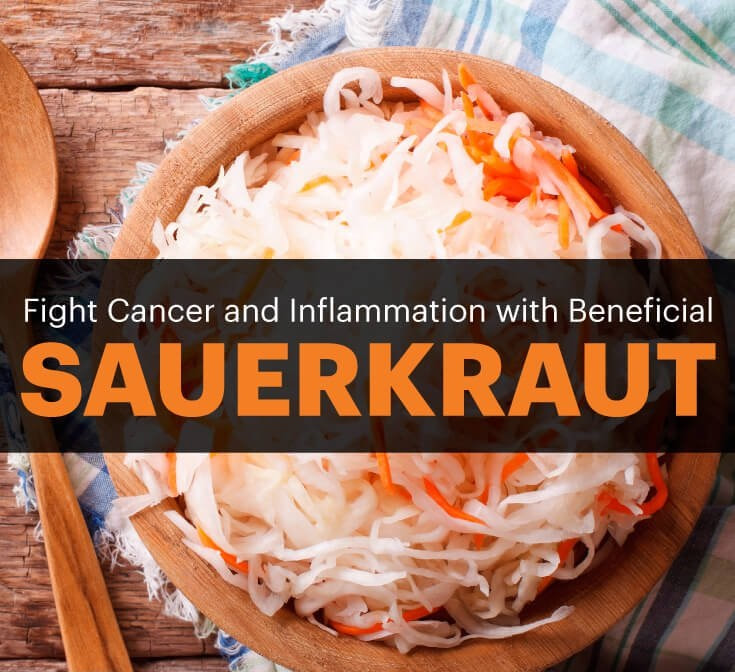
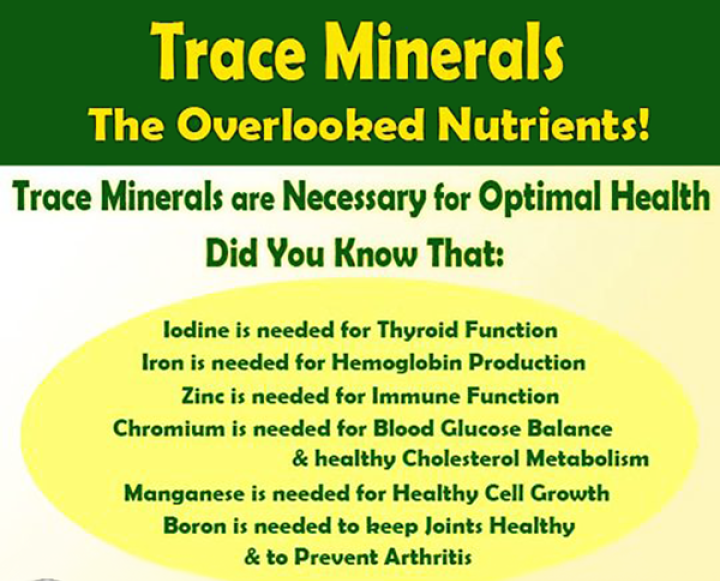
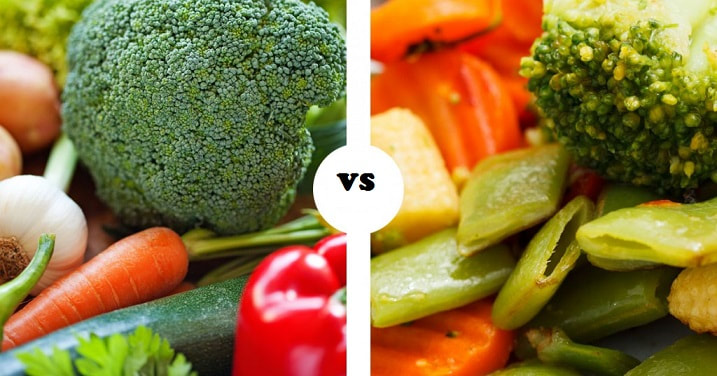
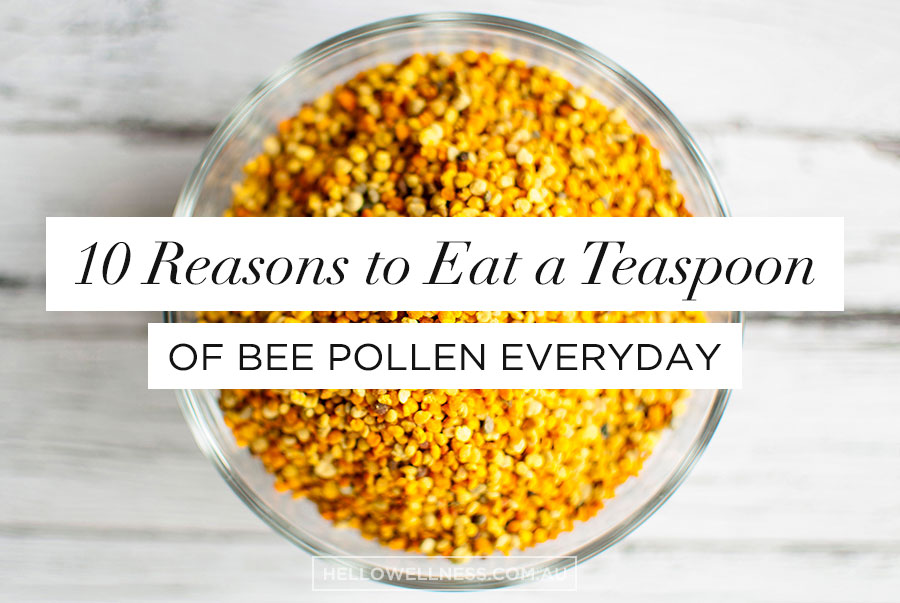
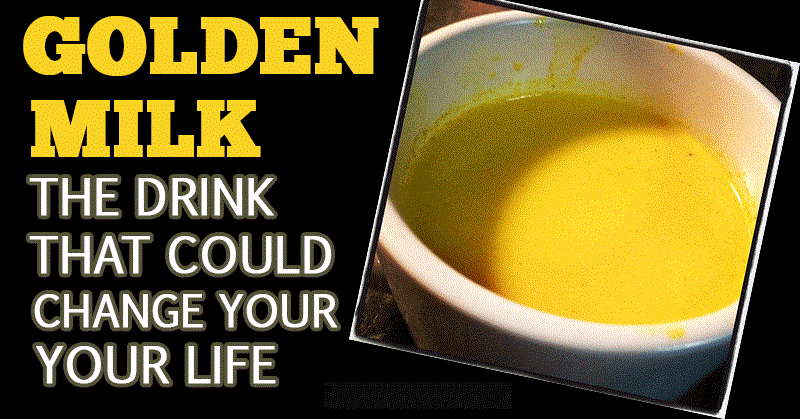
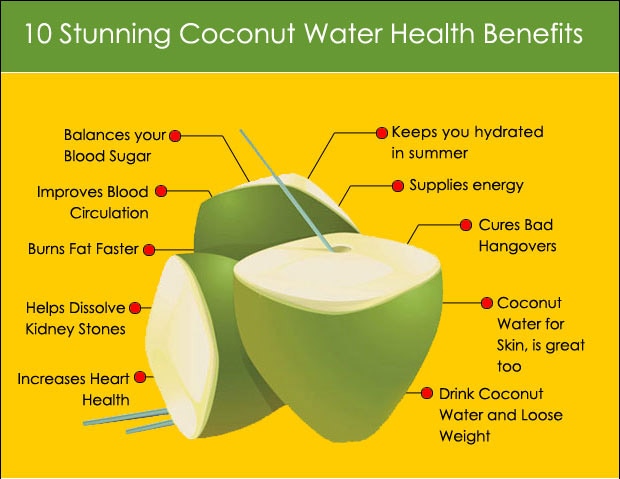
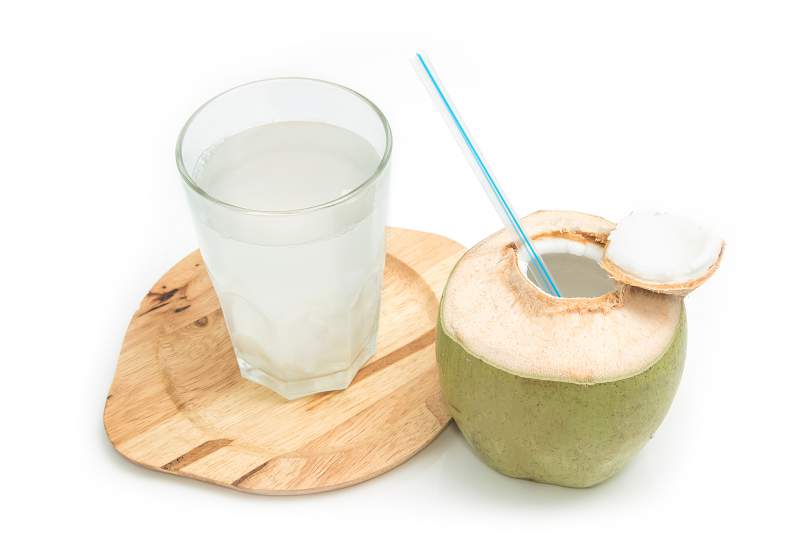
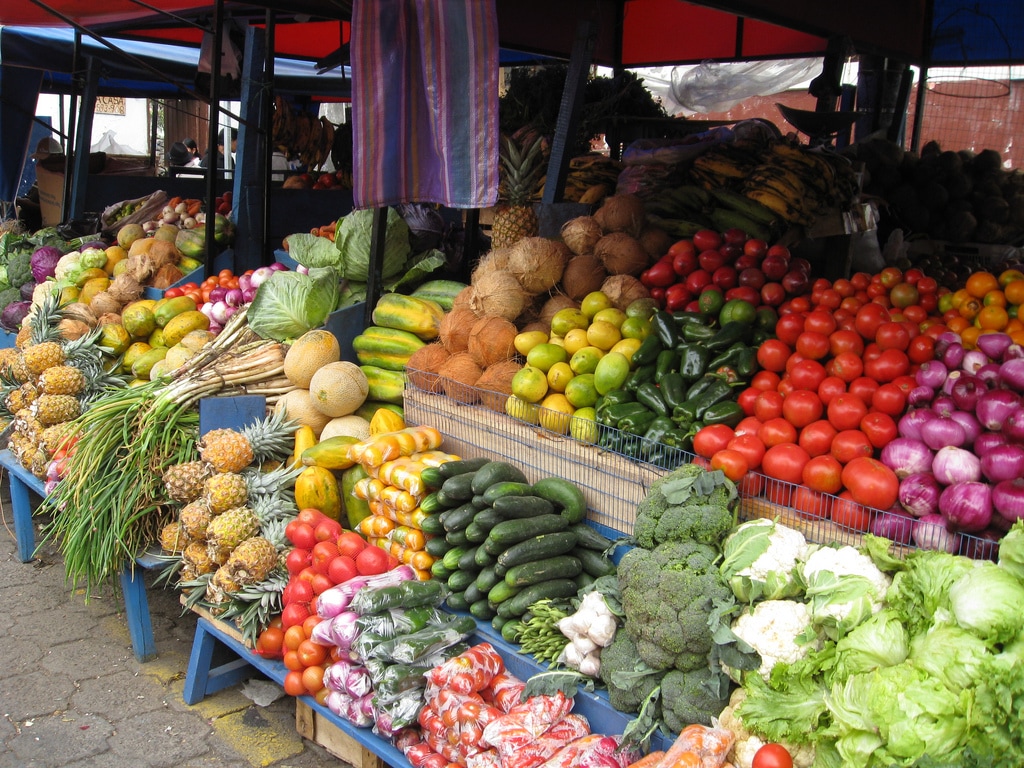
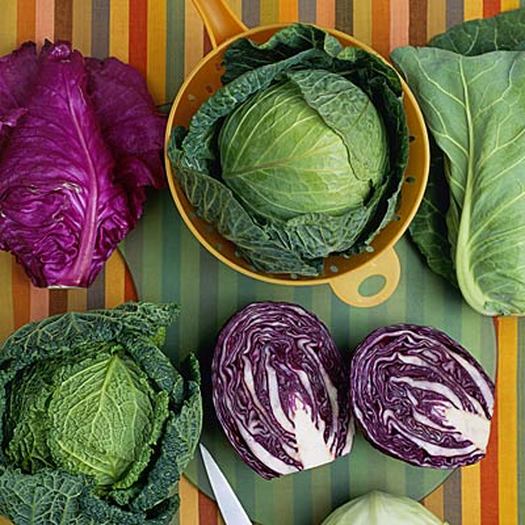
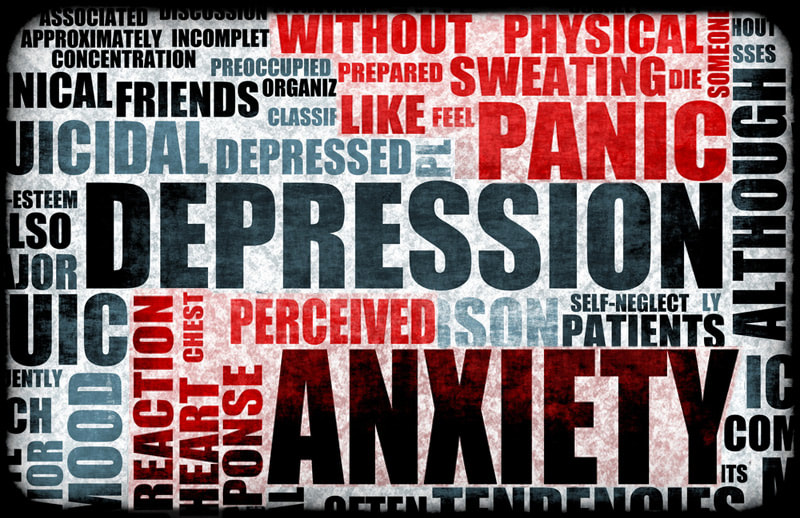
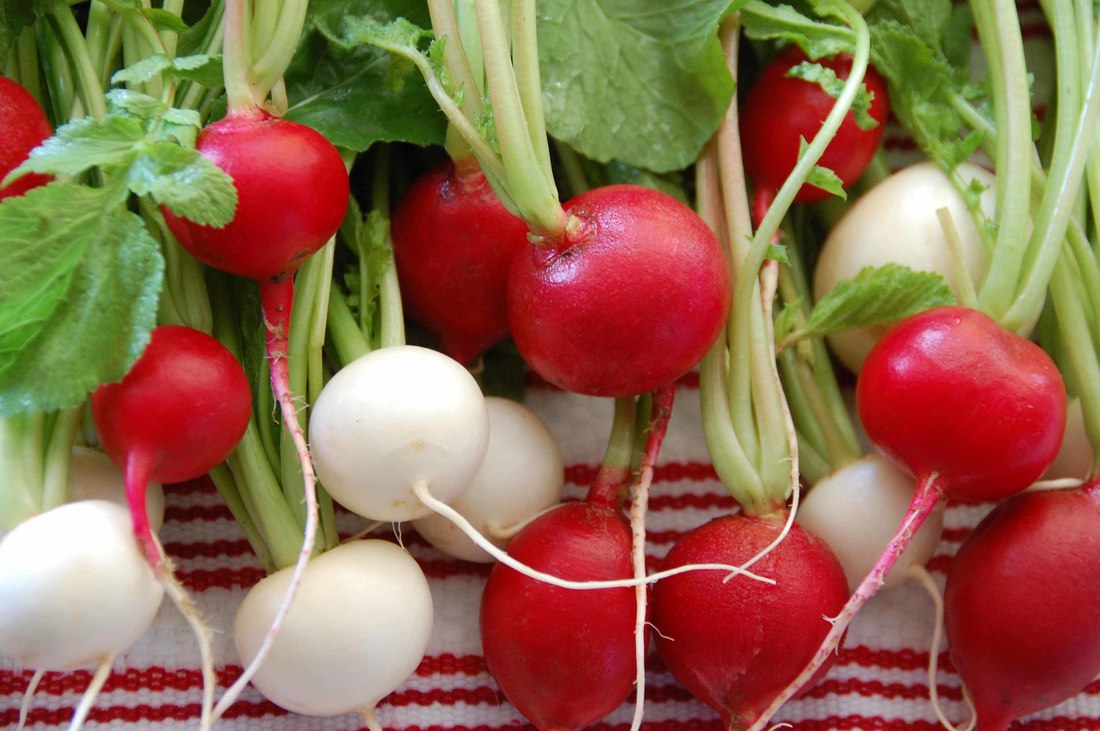
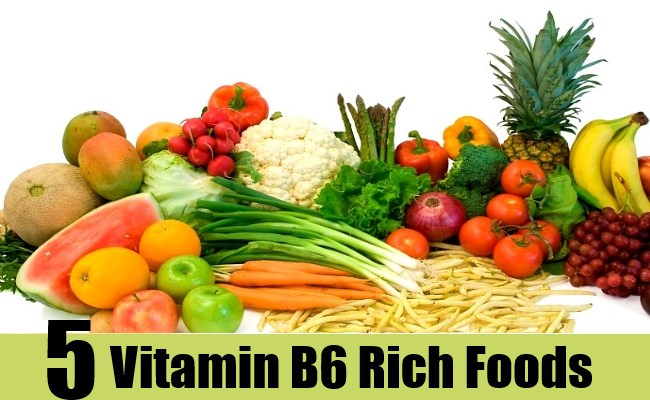
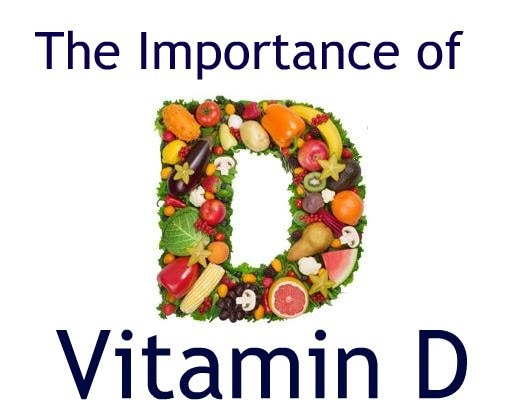

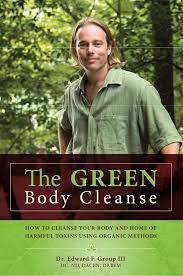

 RSS Feed
RSS Feed






